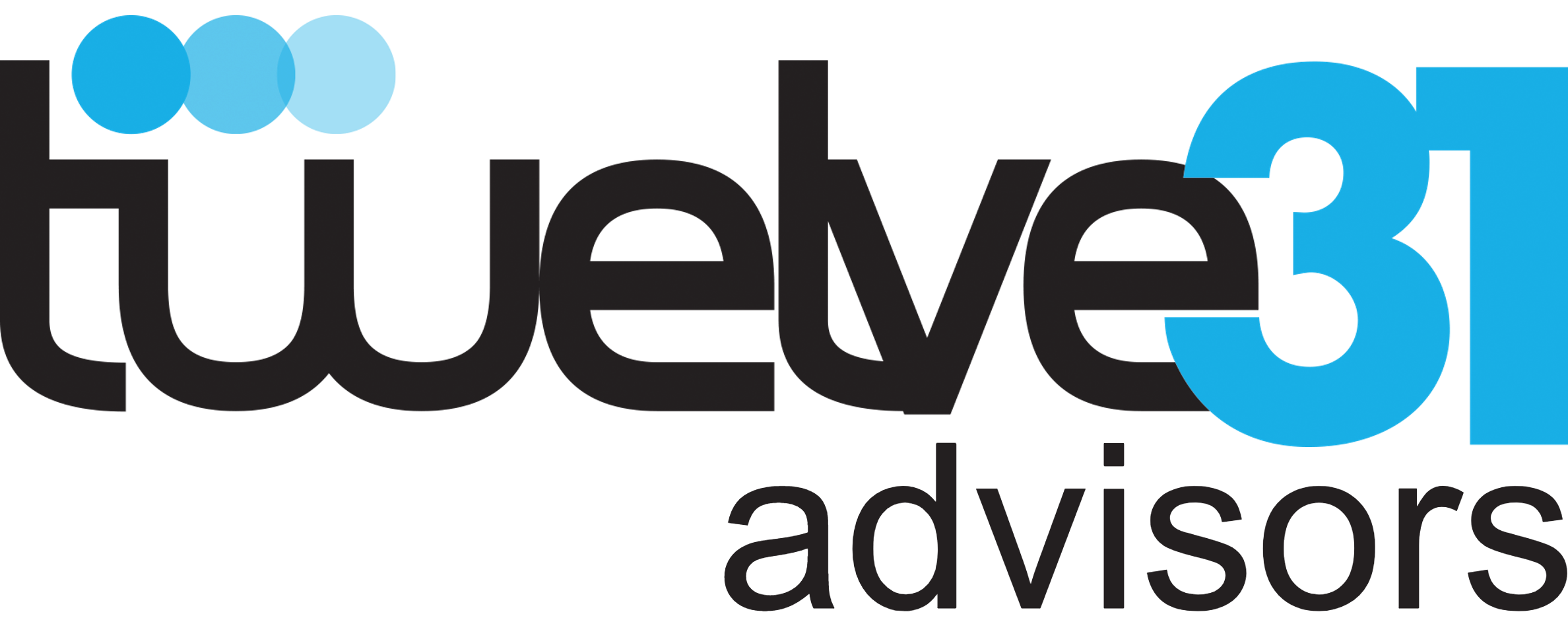If you want to make it easy to sell your business, the core principle you need to remember is this: You should work every day to prepare your business for sale. Whether you have any intention of selling your company isn’t the point. The point is, preparing your business for sale long before you’re ready to sell will both improve the health of your business as well as make it more appealing to prospective buyers. And, it’ll be ready to sell on short notice.
What eight steps can you take to get it ready?
1. Understand strategic buyers. These are buyers who don’t necessarily focus on your bottom line—your revenue—but rather want something less ephemeral. For instance, they may want your intellectual property or may need your key clients, but what sets them apart is that your business will be useful to their business’ success. The single most important reason you need to identify these buyers early is because you might need to get provisional patents on any relevant intellectual property, or you may need to lock key customers down by getting them under contract. The key is to ensure that your business retains the features that attracted strategic buyers in the first place.
2. Settle any legal suits or liens. Buyers don’t want businesses with unresolved legal issues. Clean up all these messes ahead of time, even if it means settling for less-than-ideal terms.
3. Focus on profitability rather than debt. Businesses are valued based on a multiple of profit, rather than on debt, so it makes sense to boost your sales (and thereby help increase your selling price). You must be careful here, though: Buyers will exercise due diligence and look back at your business’s history, so taking out a massive loan to buy new equipment isn’t wise, but you might want to invest revenue in new equipment rather than paying down your debt.
4. Protect the positions of your linchpin employees. All businesses have key staff members—your go-to-in-a-clutch sales rep, your smooth-talking customer service manager, or your indispensable IT guy who keeps everything up and running. It’s important to discreetly cross train or plan a replacement for these positions should they leave before the sale is completed. Plan to protect the value of what you’re selling.
6. Cut costs. The goal here is to be as lean as possible to show a revenue trend that’s moving up. Carefully analyze all your expenses, and weed out the unnecessary ones. Also focus on paring back any expenses you can’t cut. You want to do everything possible to increase profitability and make your business efficient. Prospective buyers won’t t just be looking at a static set of figures—they’re also interested in seeing the movement in those figures to find out if the business is getting better or worse.
7. Reach out to a business broker. A broker will help you ensure your business is ready to be placed on the market which could add to the sales timeline. But if you’ve already done everything possible to get your business ready to sell–by completing the first six steps on this list—you’ve cut your time to market. Brokers can provide an important service to you. We have a pool of buyers who are looking for a business now, and we will connect you with people looking to buy exactly what you’re selling.
8. Keep it on the down low. All the previous steps help you groom your company to be the healthiest and most attractive product possible. This step is perhaps the single most important. Keep it quiet! If you publicize that your business is for sale, you run the risk of losing key employees and clients. So, only share the news on a need-to-know basis, and tell people you don’t want the information to be public knowledge. This is one of the main values of Twelve31. We will market your business, screen potential buyers, and work your sell until final close. We will do all of this maintaining the highest level of confidentially.
The main idea here is to keep your business healthy and to give yourself the best possible options. Whether your long-term plan is to sell your business to the highest bidder and make a stack of cash to invest in your next brilliant idea, or to enter your well-deserved retirement, strategically implementing these recommendations will ensure the health and value of your business.

